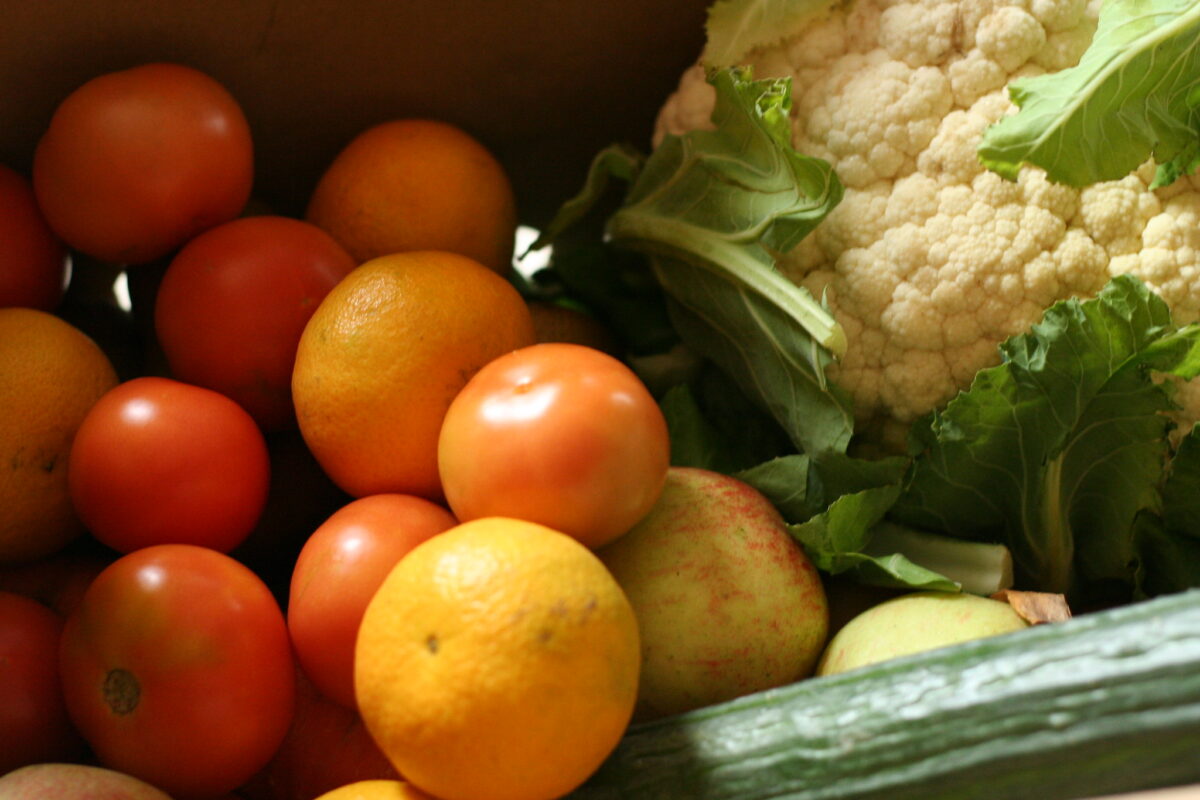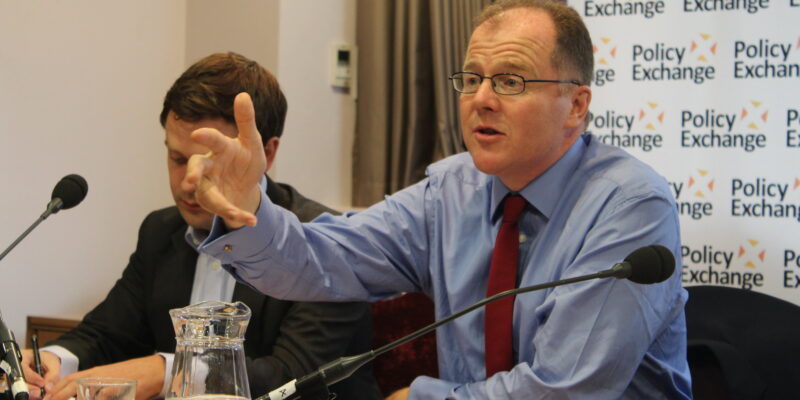Checks on EU food imports spell trouble for UK
The UK has finally introduced long delayed regulatory checks on food arriving from the EU.

At the turn of the month, the UK HMRC finally implemented physical checks and inspections on EU goods considered “high risk” entering the United Kingdom: primarily agricultural product, plants, meat and livestock. Before Brexit, the UK imported 50% of its food and much of that from the EU. Due to the terms of the future trade and cooperation agreement, both sides agreed that checks would be required. The EU implemented their checks in January 2021. The UK government has postponed the introduction of these checks five times, due to concerns of their impact on the UK’s food security, and finally did so at the end of April 2024.
Prior to the introduction of the checks there was much confusion as to what was to be inspected and how many vehicles were to be delayed. Since the introduction of the checks commentators have made the point that even the delays while waiting to be waved through jeopardise the safe and timely delivery for food and plants and these will inhibit drivers and lorries from making the journey. The Guardian confirmed the extent of the delays, reporting that IT problems had left some perishable items facing wait times of up to 20 hours. The story of delays and its impact was also reinforced by a tweet-thread from Ciran the Euro courier.
With delays and bureaucracy adding to the costs of important many have anticipated that this will lead to an increase in prices. The government accept this but argue that the price rise would be marginal. Their figures have been contested from various sides including the Cold Chain Federation and Labour MP, Stella Creasy. The increased bureaucracy and cost will lead some exporters deciding not to bother, which may cause shortages. This will impact small businesses more than the supermarkets.
The government argue these checks are required to ensure food safety but a further unspoken legal need is that the World Trade Organisation (WTO) has very strict rules on how or whether a country can offer the supply chains of different countries preferential treatment. Since the UK performs these inspections on multiple countries, not doing so with the EU might lead to a complaint to the WTO. With an election now underway and the Conservatives facing a likely defeat, attention has shifted to the policy of the Labour Party. While Labour is seeking mostly avoid talking about the issue, Shadow Chancellor Rachel Reeves has promised to open negotiations on a better deal for trade:
“We will form a closer relationship with our nearest neighbours in the European Union, to ease the burden of (brexit) bureaucracy and red tape on British businesses”
“A new veterinary agreement.. An agreement on touring visas.. And the mutual recognition of professional qualifications”
While minimal, this would ease some of the cost pressure facing UK-EU trade but will not be straightforward to negotiate, especially given the EU’s desire to avoid the impression of having cut a ‘special deal’ for the UK.
May 29, 2024
Brexit Spotlight is run by Another Europe Is Possible. You can support this work by joining us today. The website is a resource to encourage debate and discussion. Published opinions do not necessarily represent those of Another Europe.





